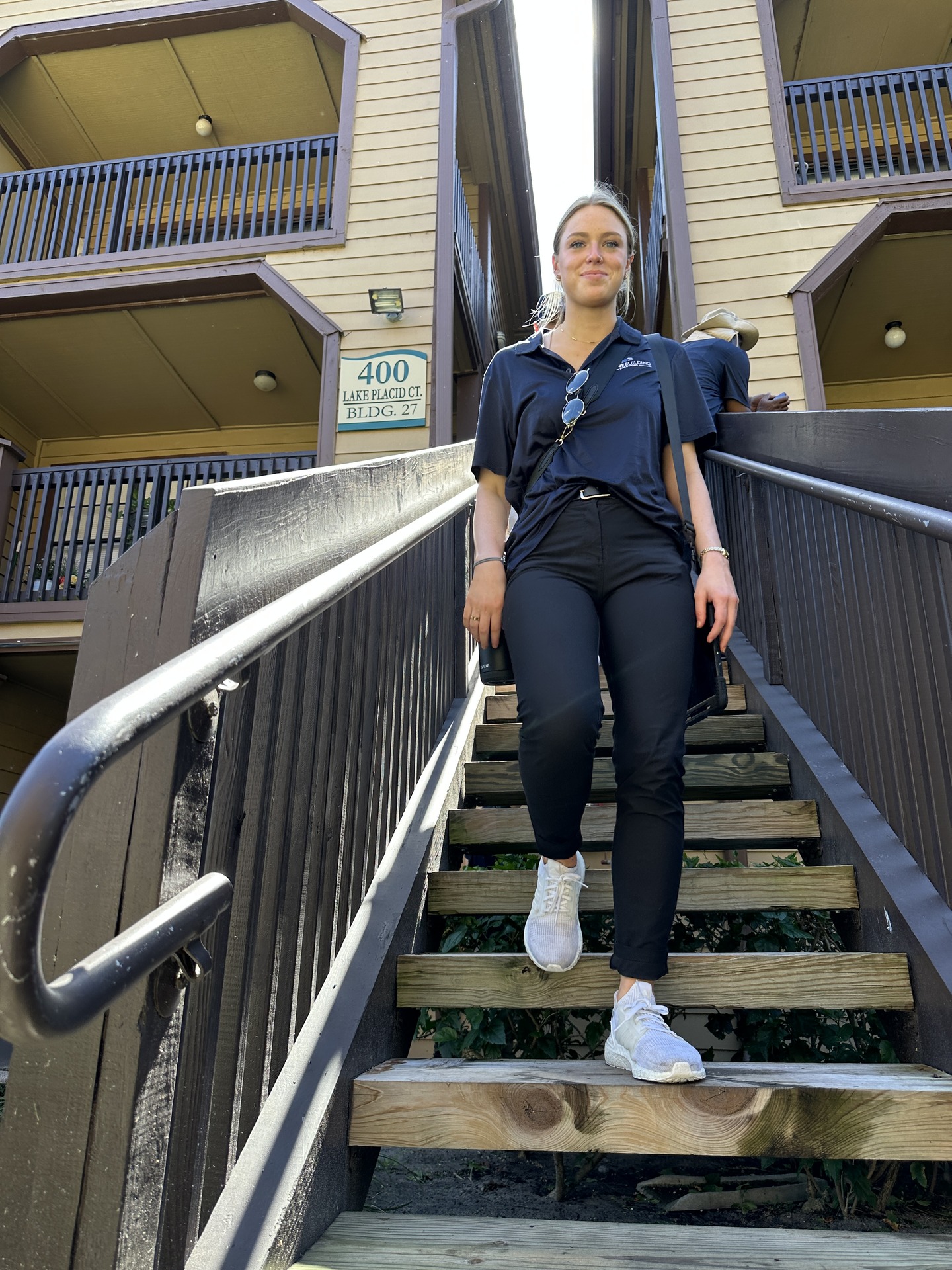Are Your Building Balconies Inspected in a Timely Manner?

Building balconies are important components of any multi-story structure, providing outdoor space and adding aesthetic value. However, they are also subject to wear and tear due to weather conditions, material deterioration, and regular use. Timely inspections are not just a recommendation—they are a necessity to ensure the safety and integrity of these structures. If you own or manage a building, particularly one that is three stories or higher, it’s essential to ask: are your building balconies being inspected in a timely manner?
The Importance of Timely Balcony Inspections
When it comes to maintaining the safety and value of your property, balcony inspections are a top priority. Regular inspections help prevent accidents, meet legal requirements, and identify minor issues before they become major structural problems. In states like Florida, where harsh weather conditions and coastal humidity accelerate the degradation of building materials, regular balcony inspections are even more crucial.
Building balconies require routine inspections to assess their structural integrity, including the condition of railings, flooring, and support systems. If these areas are left unchecked, they can pose significant safety risks to occupants and visitors. Regular inspections ensure that any potential issues are caught early, preventing costly repairs or, worse, structural failures.
When Should You Schedule Balcony Inspections?
In Florida, buildings that are three stories or taller must undergo balcony inspections every three years, as per the DBPR HR-7020 certification requirements. If your building falls into this category, you need to be proactive about scheduling inspections. Additionally, if you have recently purchased a multi-story building or plan to rent it out through platforms like Airbnb, an updated inspection is necessary to obtain the required certification.
Beyond regulatory compliance, balcony inspections should also be performed if there are visible signs of wear and tear, such as cracks in the flooring, loose railings, or water damage. Any event that may compromise the structural integrity of your building, such as a natural disaster or heavy storms, should also prompt a professional inspection to ensure safety.
Common Issues Detected During Balcony Inspections
A thorough inspection of your building balconies covers several key areas. The checklist typically includes a close examination of the balcony’s surface, railings, stairs, and support structures. Some common issues flagged during inspections include:
Corroded Fasteners
Fasteners, bolts, and screws that secure the balcony components can corrode over time, especially in humid climates. Corroded fasteners weaken the entire structure and pose significant safety risks.
Dry Rot
Wooden components of balconies are susceptible to dry rot, a fungal decay caused by excessive moisture. Dry rot can compromise the stability of your balcony and often goes unnoticed until a professional inspection is conducted.
Loose Railings
Railings are one of the most critical safety features of any balcony. Loose or improperly installed railings increase the risk of accidents. Inspectors will assess the condition of railings and the spacing between spindles to ensure they meet safety standards.
Cracks in the Decking
Cracks, especially those caused by water infiltration, are a common issue found on balcony surfaces. Left unaddressed, these cracks can expand, leading to significant structural damage.
Flashing Defects
Flashing, the moisture barrier installed to prevent water penetration, can develop defects over time. These defects allow water to seep into the structure, leading to rot and corrosion.
Benefits of Regular Balcony Inspections
- Ensures Safety: Regular inspections provide peace of mind that your building balconies are structurally sound and safe for use.
- Prevents Expensive Repairs: Early detection of issues such as corrosion, rot, or structural instability can save you from costly repairs in the future.
- Legal Compliance: Inspections ensure that your building complies with local and state regulations, helping you avoid fines and potential legal liabilities.
- Maintains Property Value: Routine maintenance and timely repairs keep your property in optimal condition, preserving its value over time.
How Often Should You Inspect Building Balconies?
Building balconies should be inspected at least every three years in Florida, according to state requirements. However, it’s wise to consider more frequent inspections if your property is located in a coastal area or exposed to extreme weather conditions. Additionally, if your building is older or has had significant renovations, it’s prudent to schedule inspections more frequently to ensure the structural changes have not compromised the balcony’s integrity.
Professional Balcony Inspections: The Right Choice
While some property owners might be tempted to assess balconies themselves, it’s important to rely on professional inspections performed by licensed engineers or architects. These experts are trained to identify both visible and hidden issues that could compromise the safety of your balconies. A comprehensive balcony inspection will not only include a visual assessment but also a detailed report outlining any required repairs or corrective actions.
How Stone Building Solutions Can Help
At Stone Building Solutions, we specialize in providing thorough balcony inspections for commercial and residential properties. Our licensed engineers follow all regulatory standards, including the DBPR HR-7020 certification requirements, ensuring that your building balconies are up to code and safe for use. We conduct comprehensive inspections, including assessments of railings, decking, fasteners, and structural components, and provide detailed reports with recommended actions. Whether you manage a hotel, apartment building, or condominium, our team is equipped to help you stay compliant and maintain the safety of your property.
Contact us today to schedule your next balcony inspection and ensure your building’s balconies are inspected in a timely manner.
